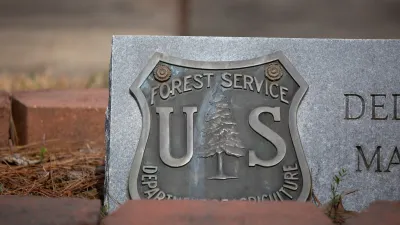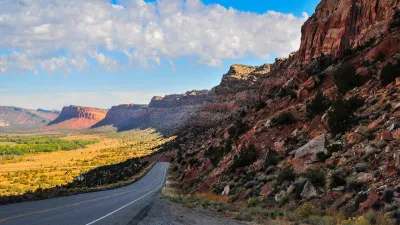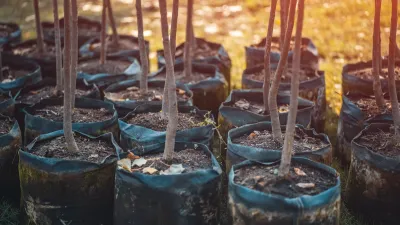American Forests has announced its list of the top American cities who recognize the economic, aesthetic, environmental and social value of their vegetation, and work to protect and expand their urban forests.
"Through a combination of an in-depth survey, independent data and a vote by a blue-ribbon panel of leading urban forest experts, the nonprofit [American Forests] has named the 10 best U.S. cities for urban forests: Austin, Charlotte, Denver, Milwaukee, Minneapolis, New York, Portland, Sacramento, Seattle and Washington, D.C."
"The project, funded by the U.S. Forest Service, found that while many cities are working to improve their green infrastructure, top-ranked cities have made prolonged investments in the health of their urban forest, as well as benefited from active nonprofit and community participation in improving and maintaining the city’s environmental resources. Each of the top 10 cities recognized that trees don’t just provide aesthetic value, they also help in a number of other ways, including increasing property values, reducing energy costs and lowering medical costs by improving human health..."
“Our urban forests bring nature closer to the more than 80 percent of Americans now living in cities and towns. These urban havens purify the air we breathe, filter our water and provide beauty and escape for people from all walks of life,” says U.S. Forest Service Chief Tom Tidwell. “The 10 winning cities provide a model for others to follow — the greener our urban forests, the more livable all of our cities will be.”
FULL STORY: American Forests Names the 10 Best U.S. Cities for Urban Forests

Alabama: Trump Terminates Settlements for Black Communities Harmed By Raw Sewage
Trump deemed the landmark civil rights agreement “illegal DEI and environmental justice policy.”

Planetizen Federal Action Tracker
A weekly monitor of how Trump’s orders and actions are impacting planners and planning in America.

Why Should We Subsidize Public Transportation?
Many public transit agencies face financial stress due to rising costs, declining fare revenue, and declining subsidies. Transit advocates must provide a strong business case for increasing public transit funding.

Understanding Road Diets
An explainer from Momentum highlights the advantages of reducing vehicle lanes in favor of more bike, transit, and pedestrian infrastructure.

New California Law Regulates Warehouse Pollution
A new law tightens building and emissions regulations for large distribution warehouses to mitigate air pollution and traffic in surrounding communities.

Phoenix Announces Opening Date for Light Rail Extension
The South Central extension will connect South Phoenix to downtown and other major hubs starting on June 7.
Urban Design for Planners 1: Software Tools
This six-course series explores essential urban design concepts using open source software and equips planners with the tools they need to participate fully in the urban design process.
Planning for Universal Design
Learn the tools for implementing Universal Design in planning regulations.
Caltrans
Smith Gee Studio
Institute for Housing and Urban Development Studies (IHS)
City of Grandview
Harvard GSD Executive Education
Toledo-Lucas County Plan Commissions
Salt Lake City
NYU Wagner Graduate School of Public Service





























